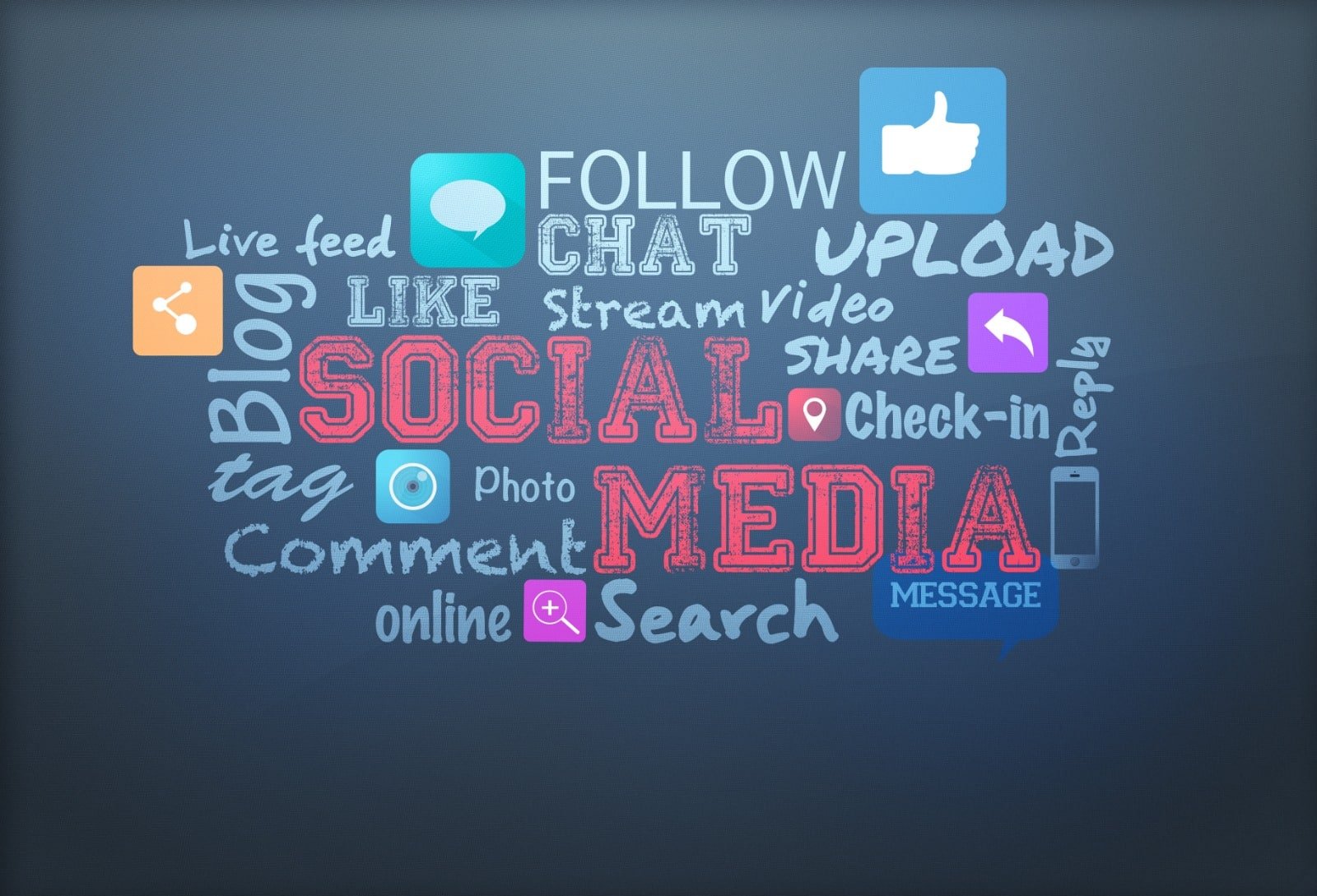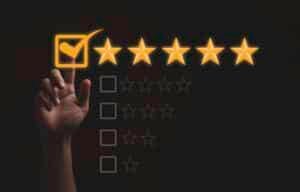What is social media?
Social media refers to the means of interactions among people in which they create, share, and/or exchange information and ideas in virtual communities and networks.
The main social media platforms (as at 2022) are Facebook, Twitter, Instagram, LinkedIn and YouTube and the latest sensation TikTok.
Social networks and other online media are great tools for engagement and two-way communication. Given the nature of this two-way, real-time communication, there is the potential for significant risks associated with inappropriate use.
As of April 2023, there were 5.18 billion internet users worldwide, which amounted to 64.6 percent of the global population. Of this total, 4.8 billion, or 59.9 percent of the world’s population, were social media users.
How can authors use social media?
Even best-selling authors need to engage with their audiences. Whether you are looking to promote a new book, connect with readers, or join a writers’ community; social media is an indispensable tool for writers. A successful platform can give published authors at all levels—whether they are working with a big publishing house, an indie company, or self-publishing—a way to promote themselves and their work. Here is how to use social media for writers.
1. Build an enthusiastic fan base
Authors with an established readership can use social media to connect with their fans. Using your social media presence to give readers a glimpse of your personal life or writing process can make you seem more relatable and pique their interest.
2. Connect with fellow authors
Connecting with fellow writers can help you build a community of your own, where you can discuss issues, get encouragement, request reviews, and pool resources. You can also learn from other successful authors or seek their advice about ways to link with literary agents and book publishers.
3. Increase book sales
Social media marketing can prove a powerful tool when it comes time to sell your next book. With a marketing plan that uses different social platforms, you can generate excitement to get new releases flying off bookshelves.
4. Reach new readers
Social media offers authors the opportunity to widen their audience. Use hashtags, ads, and engaging visual content to leverage social media algorithms and find new readers—an essential aspect of book marketing.
How to use social media to promote your writing
1. Do a book giveaway
Giveaways are a useful way to engage with your readers. Offer a limited number of free signed copies to followers who subscribe to your social media channels. You can select winners from those who like your author page, share your posts, tag friends, or even show off their writing skills.
2. Encourage feedback
Social media is all about sharing and creating an online community. Ask your audience to share their opinions on your work. Publishing your readers’ book reviews can generate buzz and foster a sense of belonging among your fans.
3. Optimize your content
Do everything you can to make your content as viral and sticky as possible. Using trending hashtags and memes—or engaging with social issues that relate to you or your work—can make you part of the conversation. Use SEO (search engine optimization) to stay on top of search engine algorithms.
4. Pick the right platform
Different social media apps serve different functions. You can use an image-centered platform to post a picture of your book cover, a video-focused one to live-stream your book launch, write posts on others to talk about your writing process, or even share your working playlist. You can also use social media platforms dedicated to writing book reviews, only for posting pictures of books, and groups dedicated to fans of particular genres, writers, or series. You can run completely different social media marketing campaigns on different social media sites for the same book, essay, or story.
5. Use social media ads to target demographics
Organic social media content is a great no-cost option for writers on a budget, but it can take a lot of time. By contrast, you can usually purchase social ads for a nominal fee and tailor them to reach your target audience. You can create a social media ad that allows readers to click through to your author website, where they can buy, subscribe, or engage with your content in another way.
This is too much work. The answer is no. You can assign a social media manager. This can be a professional or someone you trust with your accounts.
Social media managers are in charge of representing a company across social channels as the sole voice of the brand. They respond to comments, compile campaigns and create content. These experts provide organizations with the guidance needed to enhance their online presence.
Staying safe on social media
Be cautious about how much personal information you provide on social networking sites. The more information you post, the easier it may be for a hacker or someone else to use that information to steal your identity, access your data or commit other crimes such as stalking. Also, think about who can see your social media musings – most platforms allow you to limit who can see or engage with your posts if you do not want the whole world to know your business.
How to secure your accounts from hackers
1. Use Multi-factor authentication (MFA).
Multi-factor authentication (MFA) is a multi-step account login process that requires users to enter more information than just a password. For example, along with the password, users might be asked to enter a code sent to them.
2. Use unique, long and complex passwords.
a. Long: Every one of your passwords should be at least 12 characters long. Length is more important than complexity.
b. Unique: Each account needs to be protected with its own unique password. Never reuse passwords. This way, if one of your accounts is compromised, your other accounts remain secured.
c. Complex: Each unique password should be a combination of upper and lower case letters, numbers and special characters (like >,!?). Again, remember each password should be at least 12 characters long. Some websites and apps will even let you include spaces.
Note: Avoid using your name , year of birth, passport or ID or phone number in your password.
Article by Lee Mwandiki
FAQs !
Have A Question? Talk to Jackline Ingasian - Programs Coordinator at programs@cblafrica.com or +254707463007

A Book’s Visibility Defined
Introduction As part of our value addition for the Award...
Read MoreSocial Media Unpackaged for Authors
What is social media? Social media refers to the means...
Read MoreAn Engaged Author: Bookselling Strategies
Authors who are more engaged in their books affect their...
Read MoreWhy Won’t My Book Sell? Bookselling Strategies
There could be several reasons why your book is not...
Read MoreAn Encouraging Word Makes the Heart Glad – Power of Reviews and Testimonials
Anxiety in a man’s heart weighs it down, But a...
Read MoreBookselling Infrastructure for Authors
Every author wants their book to be a success In...
Read MoreDevotionals by African Christian Authors
Welcome to a refreshing time from the Scriptures… as shared...
Read MoreHow to Make the Most From An Award Program: Bookselling Strategies
An awards program is a way to recognise excellence in...
Read MorePublicize Your Nomination and Award (Without Bragging): Bookselling Strategies
Being nominated for and/or receiving an award is an exciting...
Read MoreOwn A Shelf: Bookselling Strategy
Today we will continue with book marketing strategies. Remember our...
Read MoreUsing Accountability for Bookselling Success
(i) Accountability plays a crucial role in the success of...
Read MoreEvery Author Needs a Prayer Team by Donna Partow
(This article is by Donna Partow – a million-copy bestselling...
Read MoreIf Content is King then Consistency is Queen
Content is king because… It is the foundation upon which...
Read More













